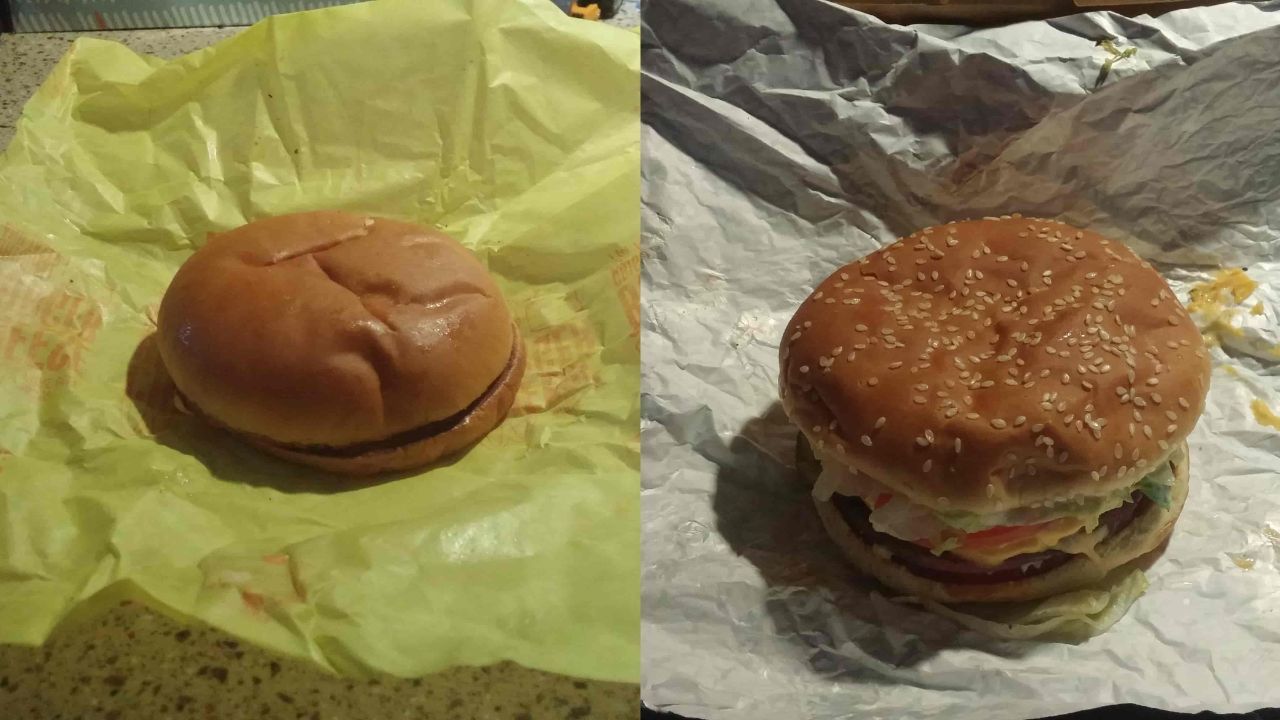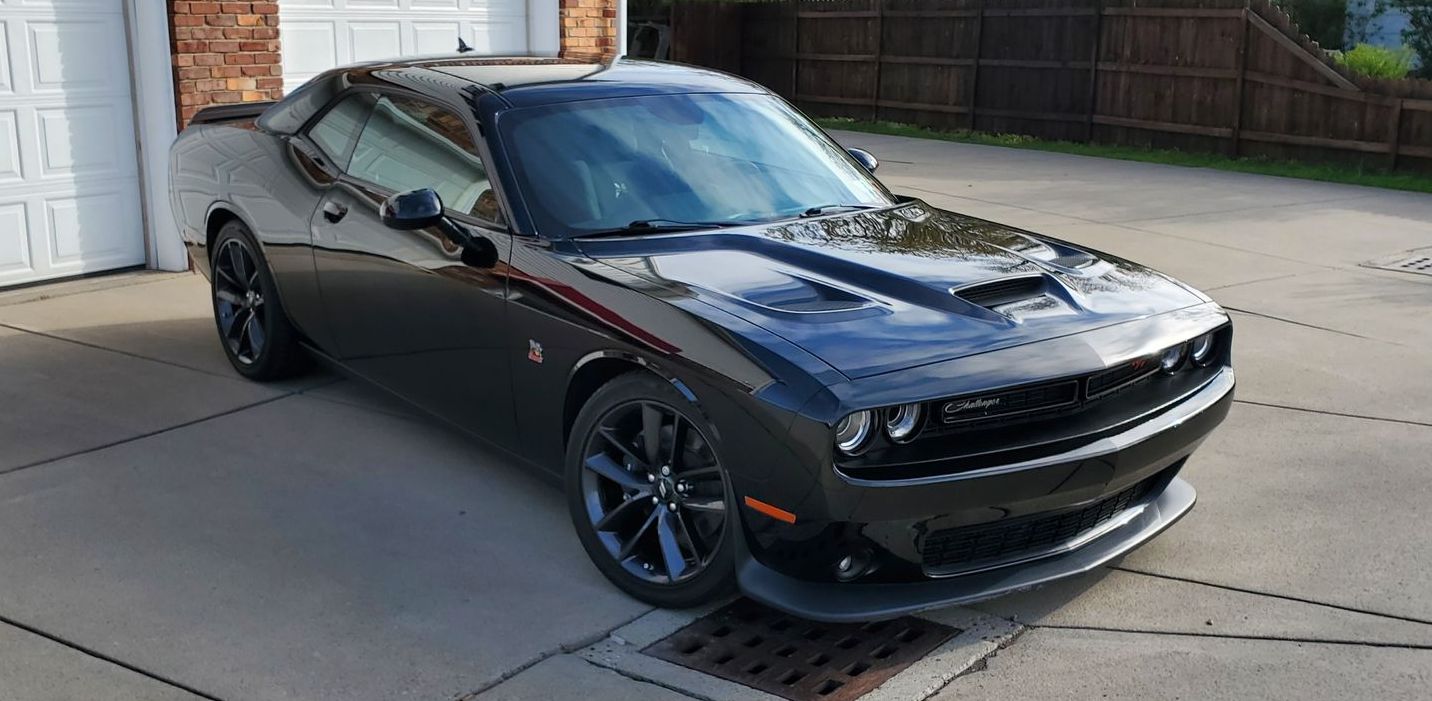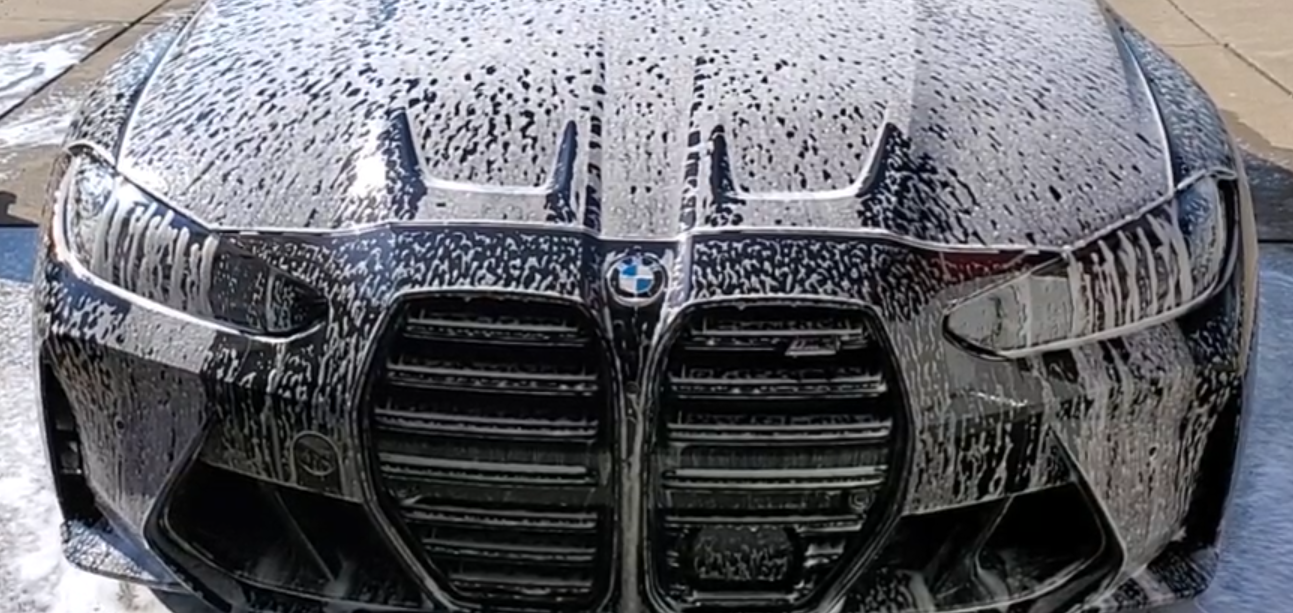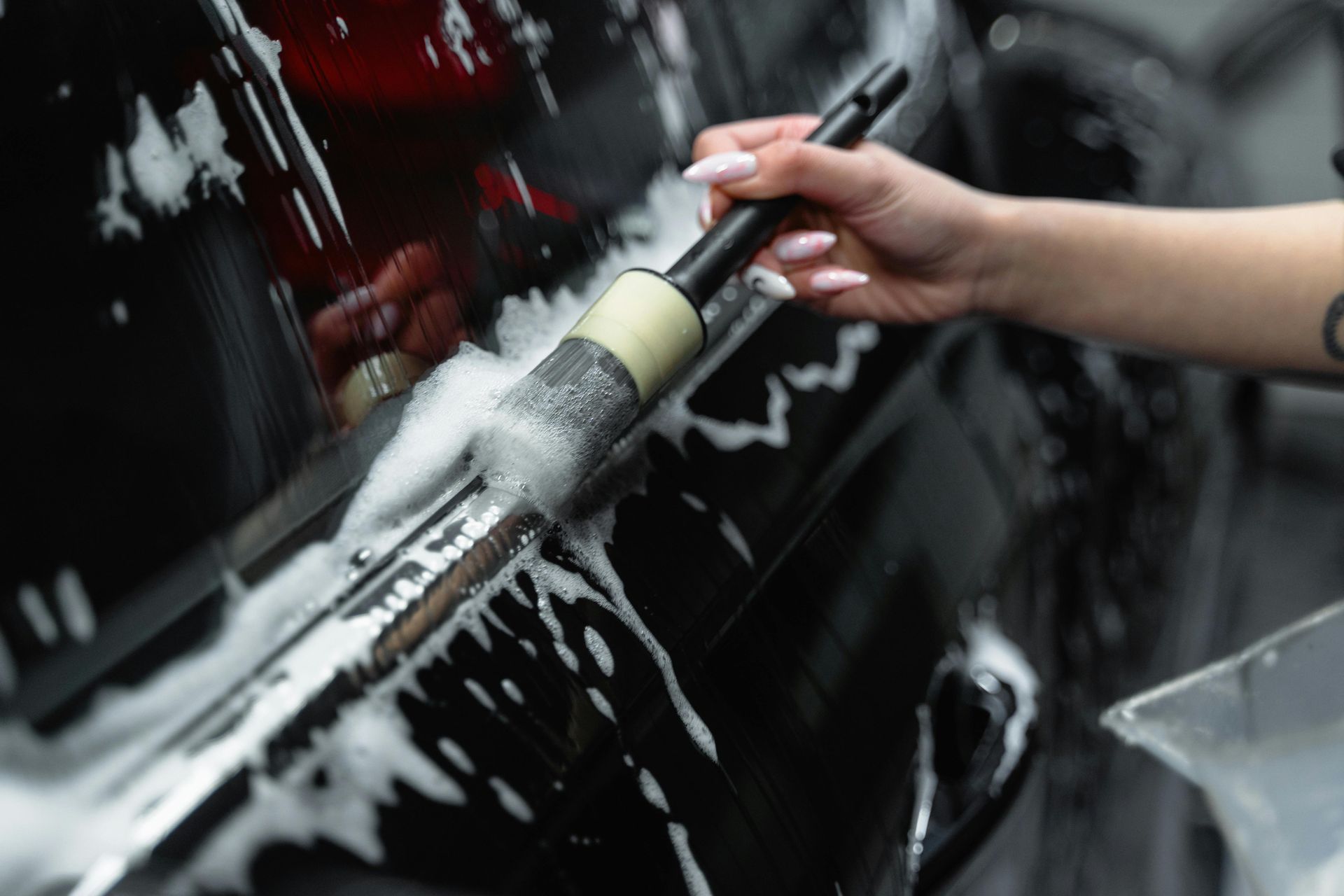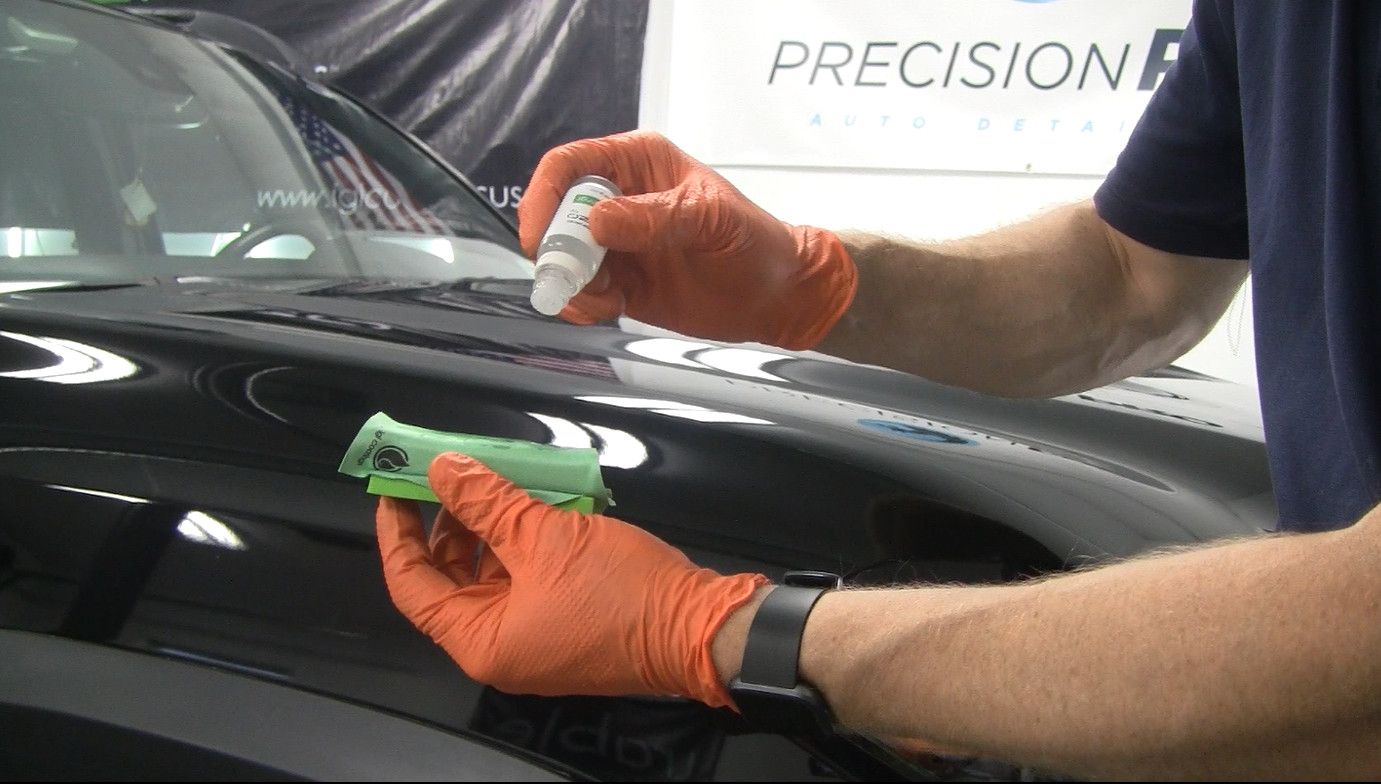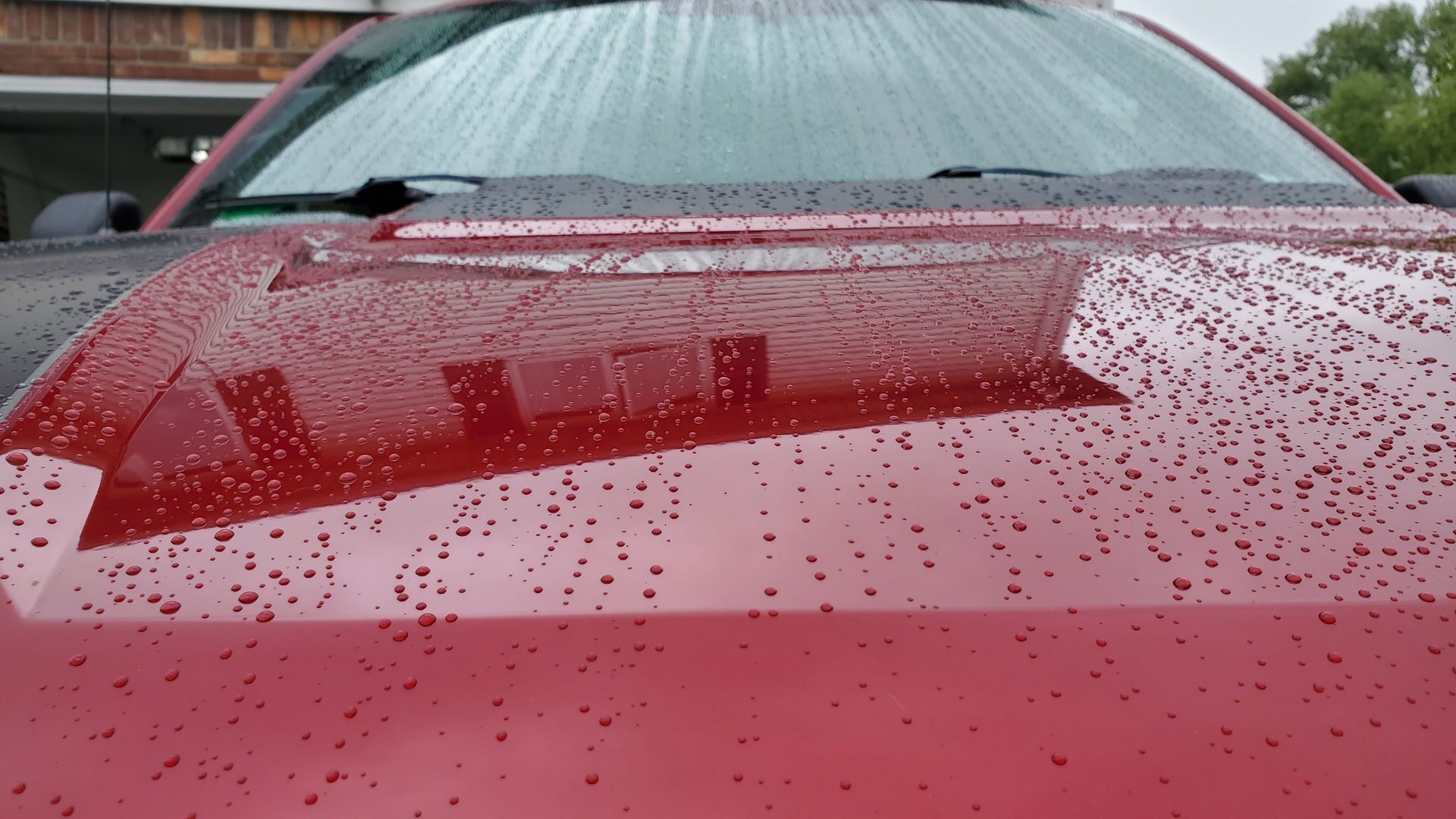The True Cost of Car Detailing: Fixing VS Maintaining
Fixing vs Maintaining - which is right for you?
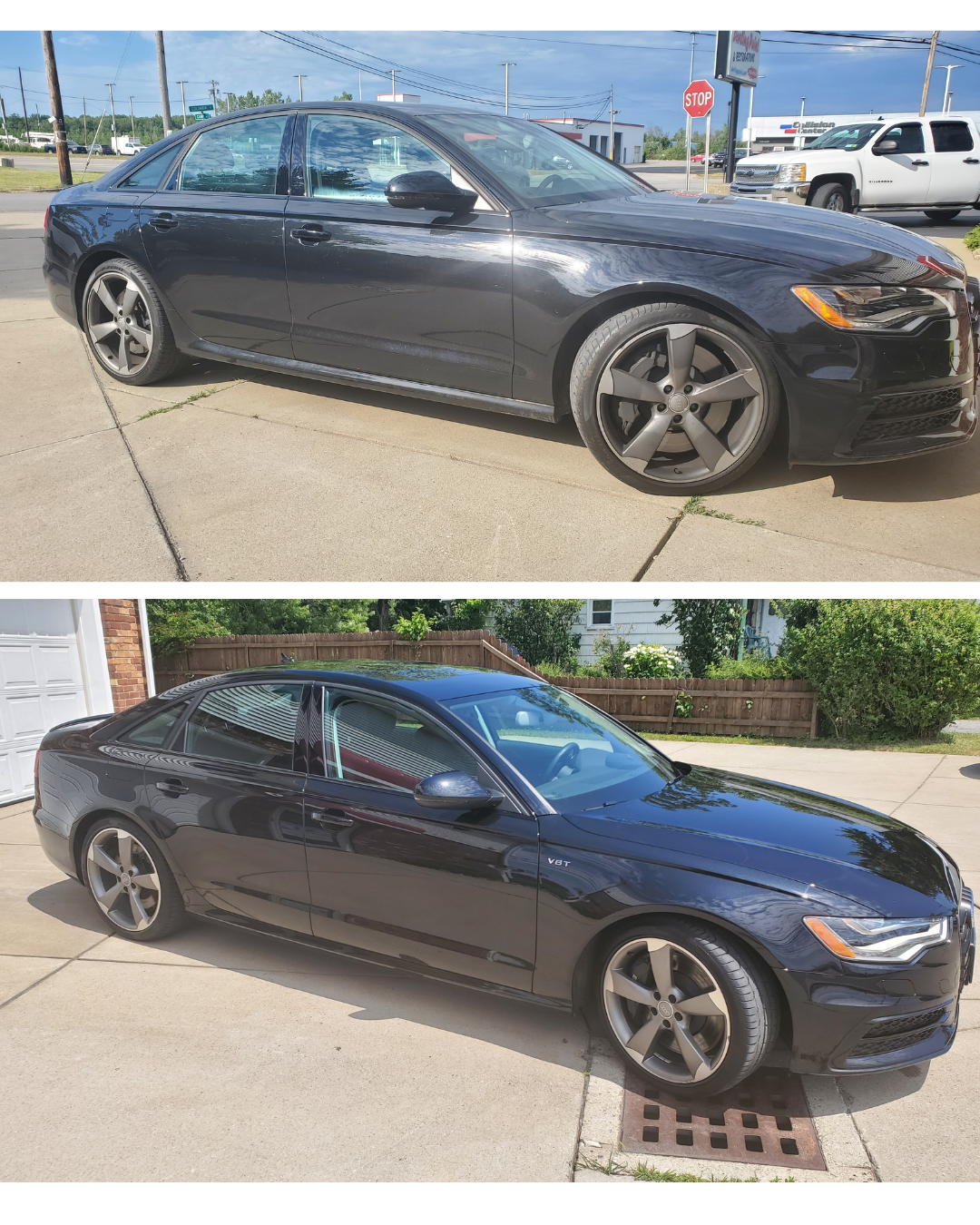
When it comes to keeping your car clean and maintained, there are two common approaches:
Occasional cleaning - scheduling a detail once or twice a year to tackle built-up grime, stains, and wear.
Regular maintenance detailing - keeping up with routine cleaning and protection to prevent major issues from developing.
Both methods have their benefits, and the right choice depends on your priorities, budget, and how you view vehicle maintenance. Some drivers see detailing as an occasional refresh, while others consider it an ongoing investment in their car's longevity and appearance.
Let's take a deeper look at both - what they involve, their costs, and their impact on your vehicle.
option 1: Occasional cleaning
Many vehicle owners prefer to have their cars professionally detailed once or twice a year. This approach focuses on restoring the vehicle's appearance after months of exposure to dirt, grime, bacteria, germs, road salt, UV rays, and everyday use.
Pros of occasional cleaning:
- Immediate transformation - A thorough interior/exterior detail can make an older, less frequently cleaned car look and feel brand new.
- Less frequent cost - Paying for a detail once or twice a year might seem more budget-friendly than a monthly service.
- Good for low-mileage vehicles - If you rarely drive your car or keep it parked in a garage, less frequent detailing might be sufficient.
Cons of occasional cleaning:
- Higher cost per service - A once-a-year detail often requires extensive interior and exterior cleaning, stain removal, and possibly odor removal, making it more expensive than regular maintenance.
- Potential for permanent damage - Contaminants like bird droppings, road salt, and UV exposure can cause irreversible damage if left unchecked for months. Polishing, as an extra expense, would be required to remove permanent marks.
- Inconsistent vehicle condition - Your car will look great right after a detail, but dirt and contaminants will build back up, leaving you with that "just detailed" look for only a short time.
Who this option works best for:
- People who don't mind some wear and tear between cleanings
- Those on a tight budget who prefer to pay for detailing only when absolutely necessary.
- Drivers who don't use their vehicle frequently
option 2: Regular maintenance detailing
Routine detailing is just like maintaining a clean home - you're preventing build up rather than waiting until the mess becomes overwhelming. This involves having a regularly scheduled detailing at least once a month to keep the vehicle in pristine condition year-round.
pros of regular maintenance detailing:
- Long-term cost savings - Regular care prevents the need for expensive paint correction, interior stain removal, deep interior cleaning, or odor removal.
- Preserves resale value - A well-maintained car retains its value better, appealing to future buyers.
- Always looks its best - Instead of fluctuating between clean and dirty, your car stays in top shape all the time.
- Prevents interior wear and tear - UV exposure, dirt buildup, and spills can cause premature aging of leather, plastics, and carpets if left unchecked.
cons of regular maintenance detailing:
- Higher frequency of service - Instead of a one-time cost, regular detailing requires ongoing appointments, which may not fit every budget.
- Requires consistency - Skipping a detail won't be the end of the world, but can make the next one more labor-intensive.
- Not for everyone - Some drivers don't place a high priority on vehicle appearance or maintenance.
Who this option works best for:
Drivers who see their vehicle as an investment and want to protect it long-term.
Professionals who rely on their vehicle for business or client interactions.
Car enthusiasts who take pride in keeping their vehicles in top condition.
the final verdict: which approach is right for you?
There's no one-size-fits-all answer - choosing between occasional deep cleaning and regular maintenance detailing depends on your lifestyle, budget, and how much you value your vehicle's appearance.
- If you see your car as a practical tool for transportation, occasional detailing may be enough
- If you view your car as an investment or an extension of your personal image, regular maintenance detailing is likely the better choice.
Either way, the key takeaway is this: Whether you fix problems after they appear or prevent them in the first place, taking care of your car is always a good investment.
Would you rather pay to fix issues after they arise or prevent them altogether? The choice is yours.
Visit the CPM Program for more on our monthly maintenance detailing.

